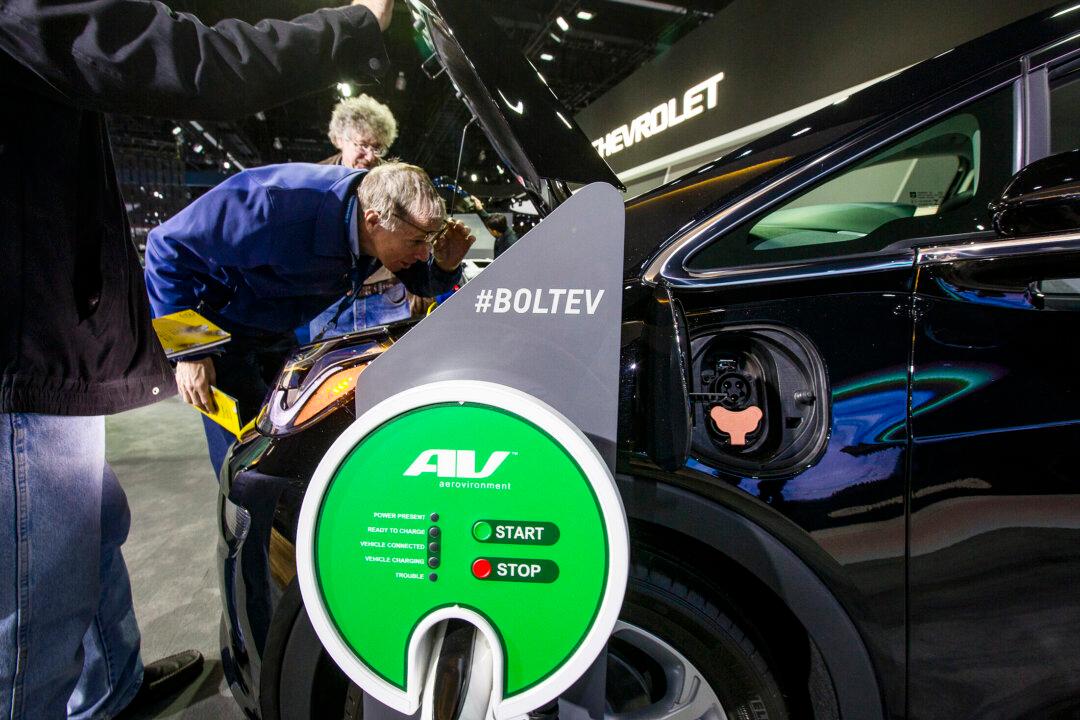General Motors (GM) has trimmed its electric vehicle (EV) production range for 2024 by 50,000 vehicles, fearing an oversupply because of softened demand.
While industry experts were expecting the EV market to make up 10 percent of total auto sales this year, GM estimates it at 8 percent, GM CFO Paul Jacobson said during the Deutsche Bank Global Auto Industry Conference on June 11. The company subsequently reduced its 2024 EV production target to 200,000 to 250,000 vehicles, from an initial target of 200,000 to 300,000. The decision to bring down the output forecast was “100 percent demand-driven,” he said, while pointing to oversupply issues facing the EV market.





